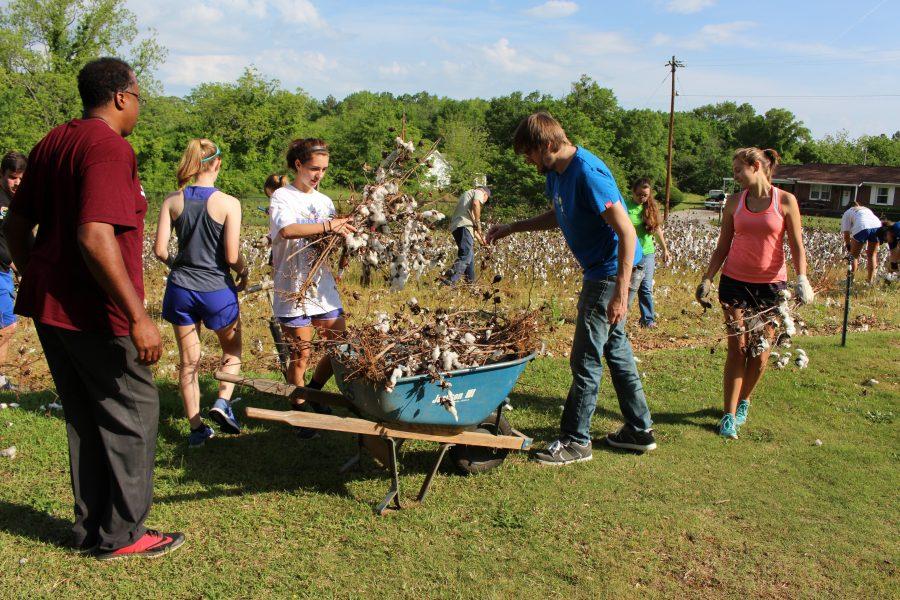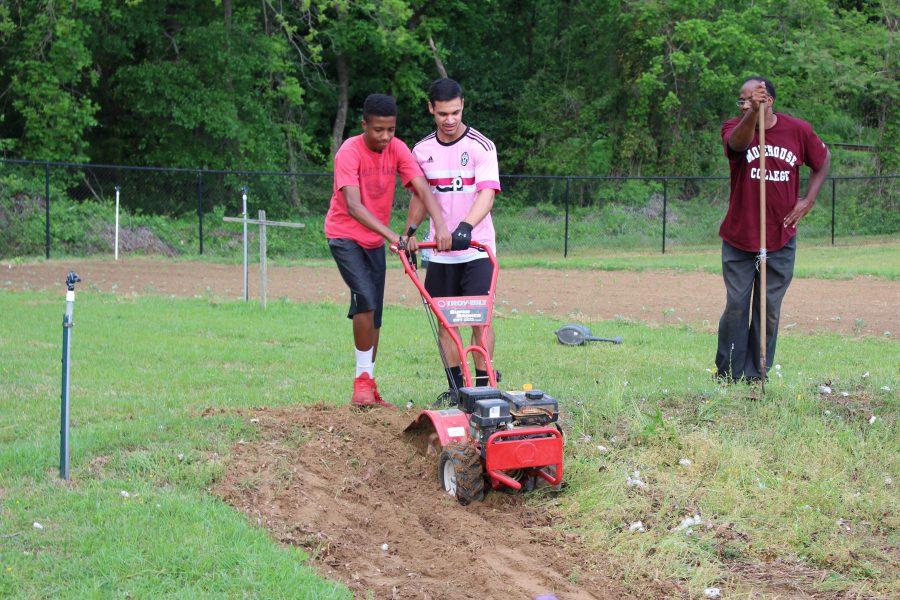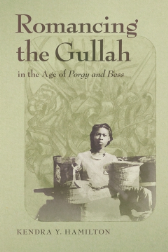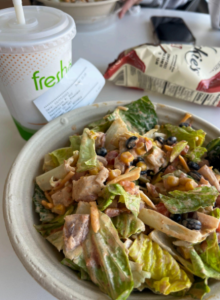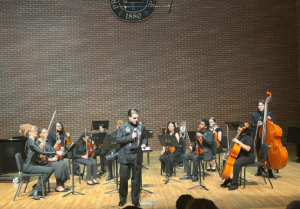Students volunteer at historical site
May 2, 2017
Just a thirty minute drive from campus sits an unknown treasure of South Carolina. It is the Benjamin Mays House Museum. Benjamin Mays was a preacher, an educator, a civil rights activist and a college president, yet he is not likely to be found in a history textbook.
Dr. Mays grew up in Greenwood, South Carolina as a sharecropper. He realized the importance of an education, and against his father’s wishes, left home to go to high school and college. After graduating, Mays became a professor at Morehouse College and a Pastor at the baptist church near the college.
It was here that he met Dr. Martin Luther King, Jr. when he was a student. Dr. King credits Mays as his mentor and the reason that he decided to join the ministry. According to the museum website, “Dr. King was imbued with the non-violent approach by the teaching of Dr. Benjamin E. Mays who had discussed non-violence with Mahatma Gandhi for 90 minutes during a world tour of the YMCA on December 31, 1936.”
Mays also served as an advisor to Presidents Kennedy, Johnson, and Carter. He has been awarded 56 honorary degrees from colleges both foreign and domestic.
Such an important man needs to be recognized, which is why the site was created. According to the website the goal of the museum is to celebrate “the life and accomplishments of Dr. Benjamin E. Mays.”
The site includes a museum, Dr. May’s childhood home and the one-room school he attended in the 1800s. It also has a garden and cotton field in the back. On Earth Day, a group of twelve PC students ventured out to the site in greenwood to help with site maintenance. This is the second year that this service project,organized by Dr. Stefan Wiecki, has occurred.
Students helped by clearing out the cotton field. They pulled out the old stalks, chopped up roots and weeds, and tilled the ground. After the field was cleared, the site curator gave the students a tour of the museums and explained the importance of Dr. Mays.
The site is open Mondays through Fridays, and is free to the public.

